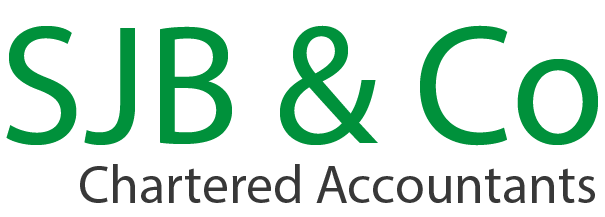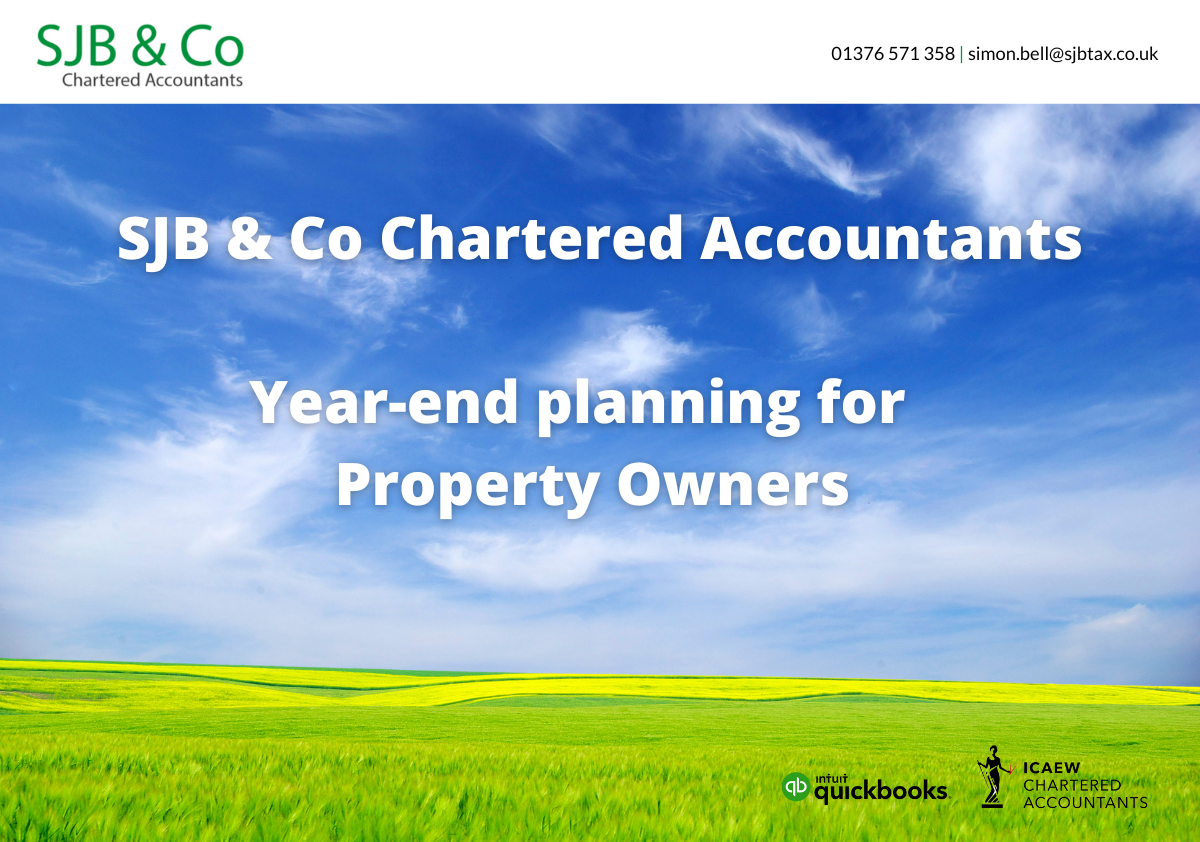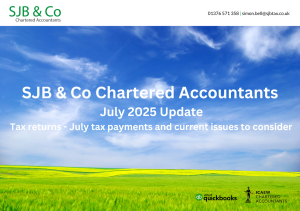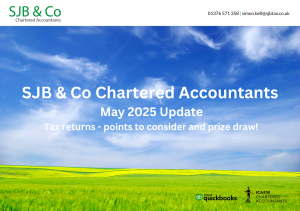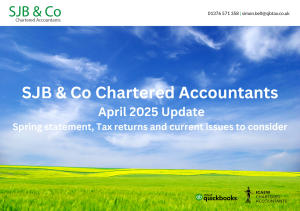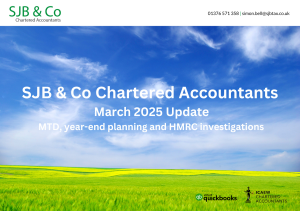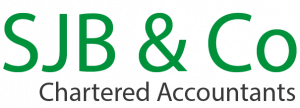George Osborne, definitely had a bee in his bonnet about property owners, particularly those who were building buy-to-let property portfolios.
A major change that he introduced was the gradual reduction in the amount of tax relief that landlords of residential property could claim for finance charges: this includes mortgage interest. Accordingly, finance charges are now disallowed as a business expense and are replaced by a basic rate tax credit.
This change has impacted tax liabilities since 2017-18. Most at risk are buy-to-let, residential property owners who have acquired property by maximizing the use of cheap mortgages. In accountant-speak they are highly geared. This means that total borrowings are not much lower than the cost or market value of the properties they own.
There are strategies that can be used to lessen the impact of these changes, ranging at one extreme to selling properties to reduce debt, or incorporating property businesses. Neither option is for the faint hearted.
We have produced a check list for landlords of tax and related strategic options that you should consider prior to 6 April 2023. Landlords may also wish to review are year-end planning for income tax and capital gains tax that may also be relevant to them.
Work though the check list that follows and if any apply to your circumstances call to discuss your options.
Property Businesses Tax Review
Buy-to-let Checklist 2022-23
- Review any replacement furniture and equipment to ensure you will qualify for the new replacement furniture relief (RFR). Remember, if you sold the replaced item(s) you must deduct any proceeds of sale when calculating your entitlement to RFR. This relief only applies to the replacement of existing items not the purchase of new items.
- If you are buying a buy-to-let residential property, consider allocating a nominal amount in the contract for any second-hand furniture left in the property. In this way, if you subsequently replace the furniture, you can write off all the expenditure under the RFR. If you do not allocate sums in the contract, you will have no legal claim to the furniture and you will not be able to claim RFR when you replace it. This strategy will also save you Stamp Duty Land Tax (Land & Building Transaction Tax in Scotland and the Welsh Land Transaction Tax) as this is not applied to the cost of furniture.
- In certain circumstances it may be beneficial to incorporate your property business. However, great care should be taken in planning to see if this is feasible and if stamp duty and CGT on-costs can be legitimately avoided.
- Make sure that you update your Will if you have acquired or disposed of rental properties since your last review.
- Consider employing family members to assist with the management of your property interests. If there are sound commercial reasons for doing this, you should be able to make a successful claim against your tax. In this way you can reduce your exposure to higher rate tax and provide your family with additional income subject to deduction of tax at lower rates.
- Transfers of property (or a part interest) between spouses are generally free of CGT and IHT charges. This may enable you to direct rental profits into the hands of the spouse taxed at lower rates. Planning is key as in certain circumstances this may trigger a stamp duty charge.
Furnished Holiday Lets 2022-23
If you have properties that qualify as Furnished Holiday Lets (FHL) they are treated as a trade for UK tax purposes. To secure the trading tax benefits FHL owners should work through the following check list before 5 April 2023.
- Check your lettings records to ensure you comply with the minimum occupancy requirements (they are, property must be available for letting for at least 210 days in the current tax year; public letting of a FHL property must be at least 105 days in the year; and longer lets of more than 31 continuous days cannot it total exceed 155 days). If any of these criteria are exceeded FHL status will be lost.
- Averaging elections can be made to even out exceptional breaches of the above occupancy conditions. We can help you consider this option if necessary.
- FHL rental income is considered to be trading income and is potentially subject to VAT. Total FHL income would need to exceed the present VAT registration limit of £85,000. Please contact us if your annual FHL income is approaching this figure.
- Would it be possible to convert present buy-to-let properties into FHL businesses?
The current tax advantages that FHL businesses can access are:
- You can claim Capital Gains Tax reliefs for traders.
- You can claim capital allowances for items such as furniture equipment and fixtures.
- The profits count as earnings for pension purposes.
For more information or to discuss any issues raised above please contact Simon Bell by phone on 01376 571358 or email [email protected] . This article is written in general terms and therefore cannot be relied on to cover specific situations. Applications of the principles set out will depend on particular circumstances. It is recommended that you take professional advice before acting or refraining from acting on any of the above content.
